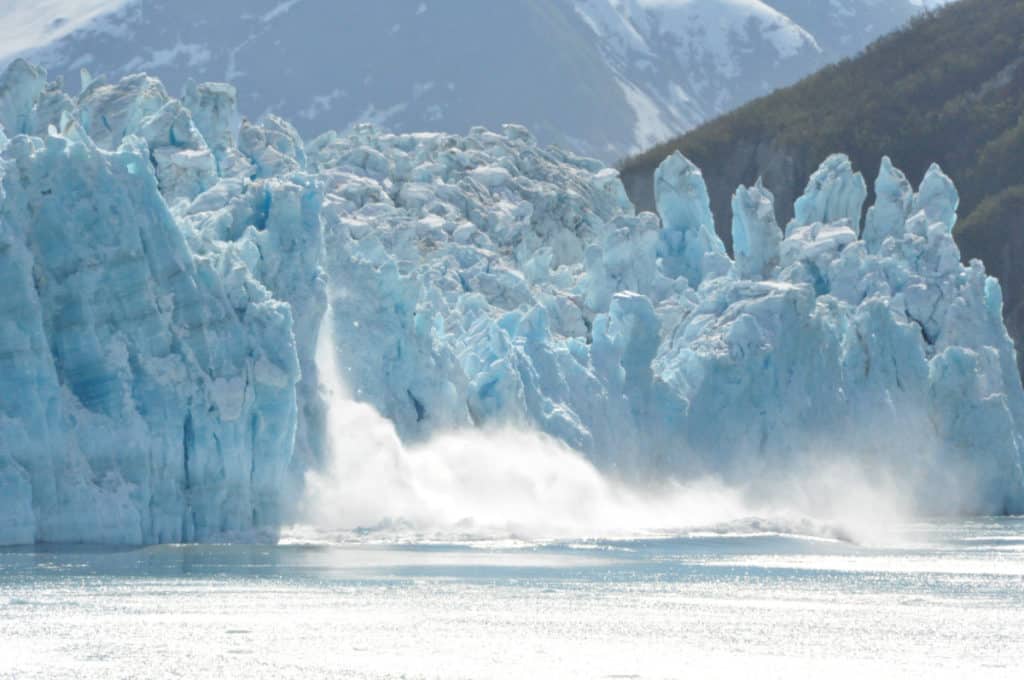
2018 was the fourth hottest year in all of recorded history, which makes the past five years the hottest this world has seen. This information is all according to the National Oceanic and Atmosphere Administration (NOAA) and NASA in a joint discussion.
In many areas of the world, new record high temperatures have been set. For example, Australia reached a temperature of 120.38F (49.1C) very recently. There is one easy way to explain this phenomenon, global warming.
The Earth Has Gotten Warmer

Since the 1880s, the Earth’s temperature has risen by 2 degrees Fahrenheit or 1 degree Celcius. This is largely due to the industrial revolution that was seen in Europe and the United States in the prior years. However, since that time, greenhouse gas emissions have not stopped.
These emissions have been continually released into the air and, in turn, have continued heating the world. Humanity is on the edge of what Earth can take before the situation becomes irreversible. In light of this, nations gathered together and formed the Paris Agreement to limit global warming to a 1.5C rise by the end of the century.
Unfortunately, not enough action is taking place at a fast enough pace to meet that goal.
Arctic Regions Feeling the Burn
The best example of the effects of climate change is on full display in the Arctic regions. 2018 saw the second smallest amount of sea ice in recorded history, with 2017 being the smallest. Polar ice caps and sheets are melting at a rapid pace, which in turn, is leading to rising ocean levels. This threatens any structures or towns located by coastal regions.
Not only is ice melting faster, but ice that has never melted before is also beginning to melt. Ice located north of Greenland began melting for the first time in history, which will contribute greatly to the rising sea levels.
Extreme Weather is on the Rise

2018 was a very eventful year for extreme weather, but the United States felt the most impact. To begin with, 2018 was the third wettest year since 1895. This is largely due to the temperature increase because warmer air can hold more moisture. Thus when it rains, storms are more intense.
This is very clear when you look at extreme weather events like Hurricane Florence and the flash flood events in Maryland. In total, nine states observed their wettest year in history. As many storm survivors are aware, these kinds of storms cause a lot of damage. 14 of these storms caused over 1 billion dollars worth of damage, with Florence causing 24 billion dollars worth of damage.
Greenhouse Gas Emissions Are to Blame
The list of evidence that greenhouse gases are a direct cause of global warming is very long. Unfortunately, even with this knowledge many nations and industries are knowingly ignoring the danger. However, even the most proactive nations, like Britain, are struggling to keep up with long term goals.
The Emissions Gap Report 2018 highlighted that carbon dioxide emissions were on the rise for the first time in four years. While many industries, like cement, are trying to cut emissions, the rate at which it is done is far too slow.
Is Change Possible
As our weather conditions showcase the real effects of global warming, more and more skeptics are acknowledging climate change as a real phenomenon. Many nations are stepping up to do their fair share, but not all are and the ones that are, are not acting fast enough.
The extreme heat that has been seen in Australia will slowly become a norm and as temperatures continue to climb, a beach visit will become a life-threatening situation. Humanity cannot survive on Earth if the temperature continues to rise.


It’s scary, scary stuff and I kind of wonder why it’s not being talked about more. The polar ice caps melting seem like it’ll spell all kinds of disaster, beyond just polar bears becoming extinct.